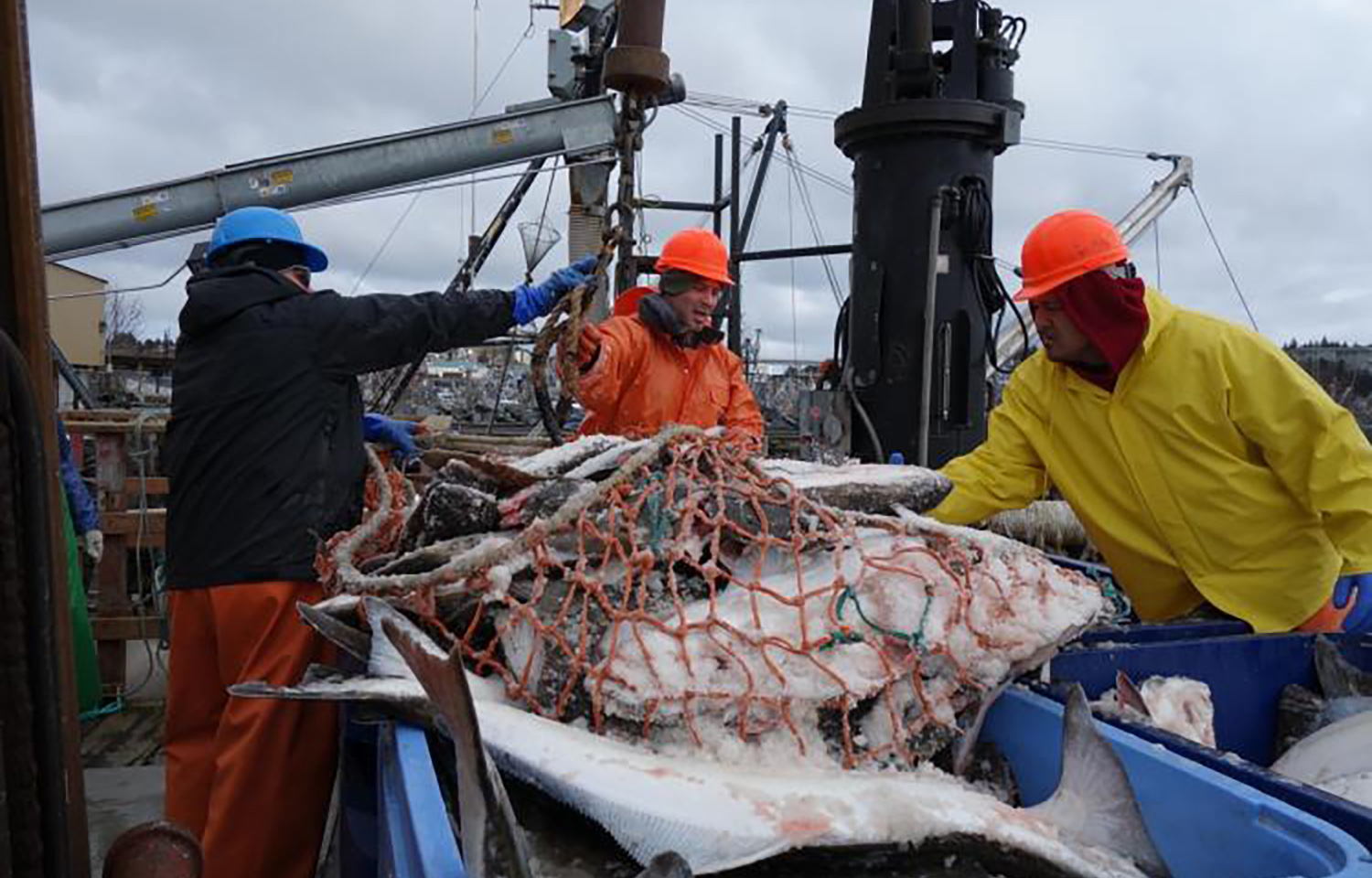NOAA Fisheries concluded a 15-month initiative designed to tackle labor issues in the seafood industry with a Seafood Labor Summit where participants identified actionable steps moving forward.
In 2022, nearly 100 people representing the U.S. government and the seafood industry came together to launch the Collaborative Accelerator for Lawful Maritime Conditions in Seafood (CALM-CS), a public-private initiative to address labor abuses in the seafood sector and promote legal and safe working conditions.
“CALM-CS underscores our shared commitment to fair, decent, and legal working conditions across the seafood supply chain and our commitment to work to ensure that no seafood products made with forced labor enter into our markets,” NOAA Fisheries Assistant Administrator Janet Coit said at the Seafood Labor Summit in February. “This summit reminds us why we are making this a priority issue and for and with whom we are advocating. CALM-CS was the foundation we needed to inform our discussions here today and our efforts tomorrow and beyond.”
The summit marked the final step in the CALM-CS initiative, with officials gathering to discuss what they had learned and what their next steps should be.
“Building on this foundation, CALM-CS members achieved something significant in only 15 months; from developing a collective vision for how due diligence elements can be applied across the seafood industry to exploring practical and effective tools to implement ethical recruitment practices, the CALM-CS initiative has delivered tangible progress,” NOAA Administrator Rick Spinrad said. “Although CALM-CS itself may be ending, our collective and individual efforts will continue, and I hope we can build upon the community we have created and strengthen our collaborative efforts.”
The summit took place as the international seafood sector has been rocked by a series of investigations highlighting forced labor and other abuses in the industry.
In October, the Outlaw Ocean Project released a report alleging forced labor in several Chinese seafood processing plants, with some of the products from those plants making their way into the U.S. seafood supply chain. Subsequent reports from the Outlaw Ocean Project and others have highlighted the alleged use of North Korean laborers in China, as well as harsh labor conditions in China’s distant-water fisheries and in India’s shrimp sector.
The investigations have raised concerns about supply chain audits, led companies to pause or sever ties with firms named in the reports, and spurred calls for the U.S. government to block imports from those firms.
At the summit, Spinrad reiterated the U.S. government’s commitment to improving labor conditions in the seafood industry.
“The Biden administration is committed to making good on the shared vision of fair, decent, and legal working conditions for all across the seafood supply chain,” Spinrad said at the summit.








